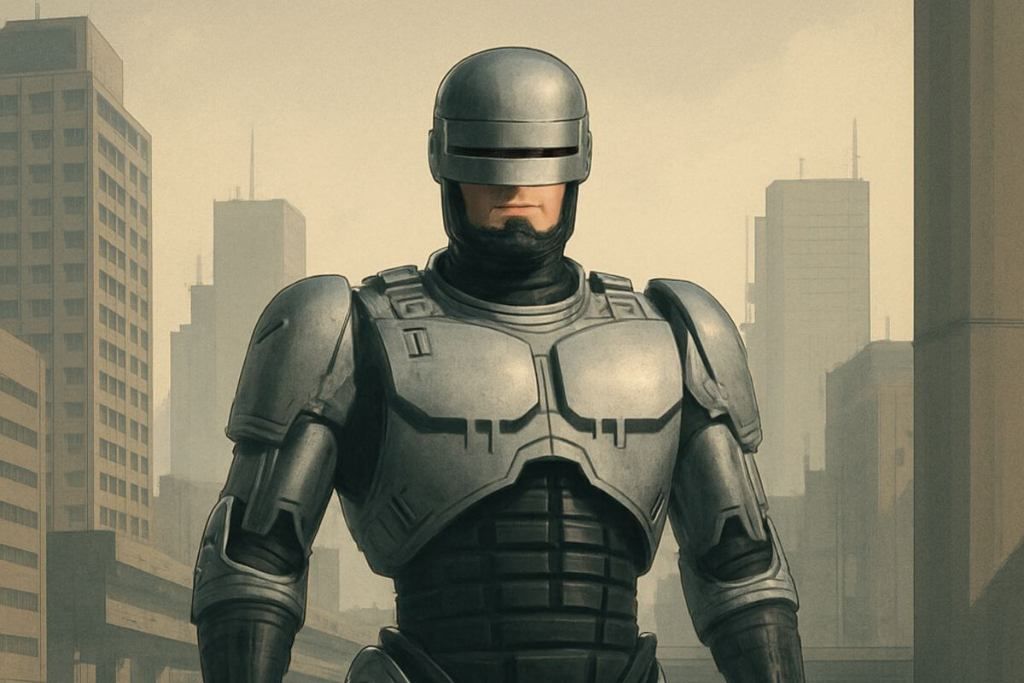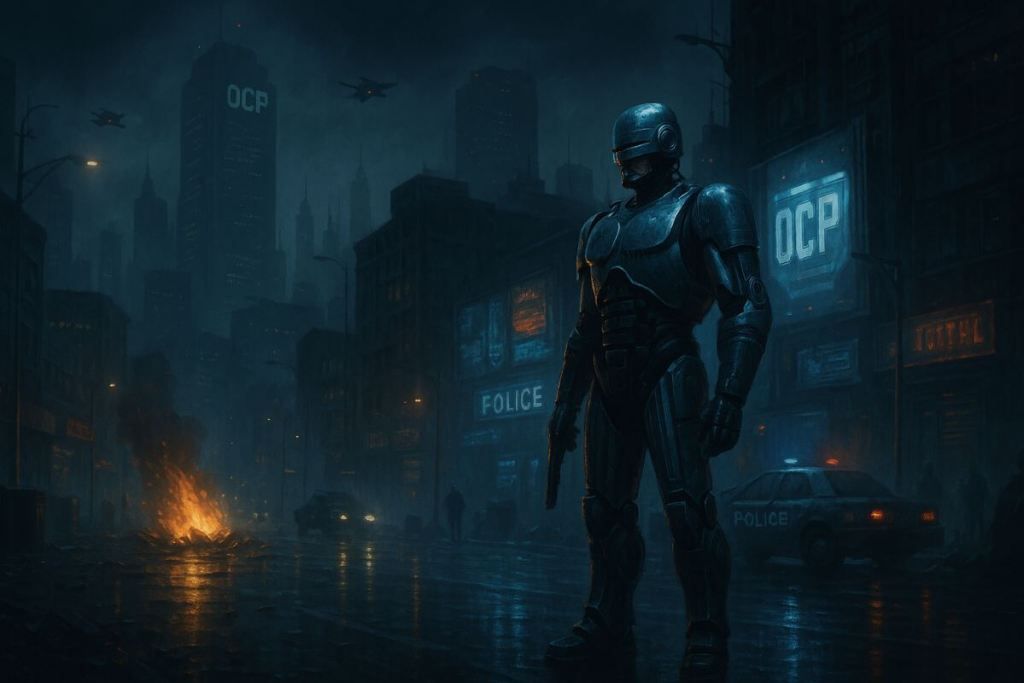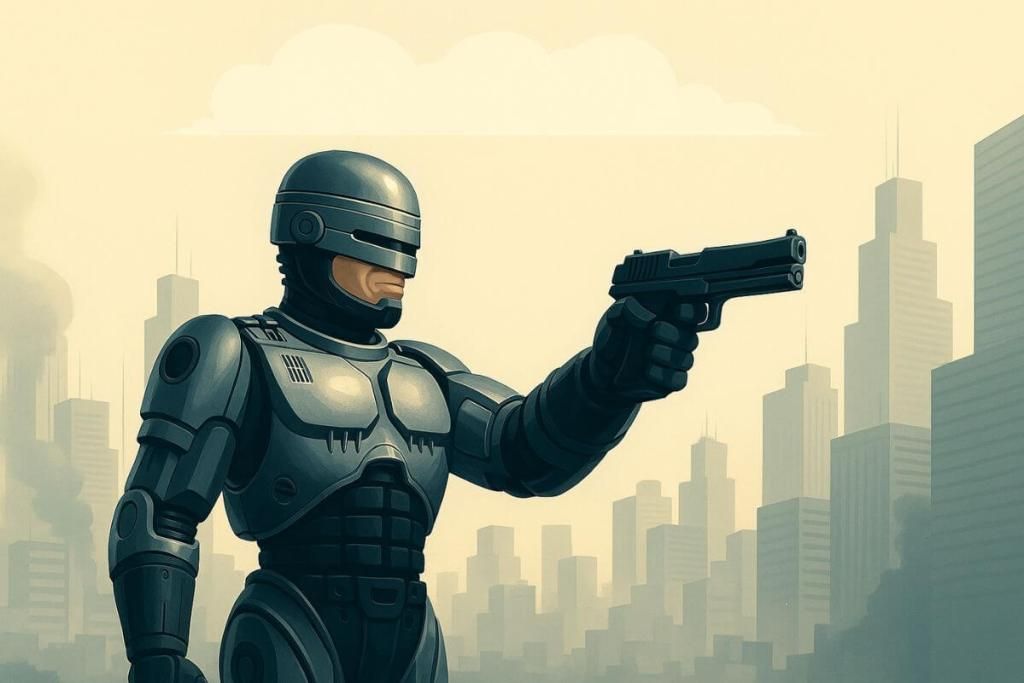Created: 3.05.2025 | 19:00 Updated: 3.05.2025 | 19:00
The commission of a movie about A violent city It ended up being a social criticism of the dehumanization of cities.
While the Dutch director Paul Verhoeven confesses not to be a fan of science fiction, none of his few incursions into the genre has gone unnoticed.
“Total Challenge” (1990), “Starship Troopepers” (1997) and “The man without shade” (2000) are, some more than others, notable films, but “Robocop” is above them, despite the fact that, according to the filmmaker, he agreed to direct it because It was the only project they offered in Hollywood: a full -fledged commission, which would soon move your personal world.

A time of justices
It should be remembered that in the times of the first Robocop, in Hollywood the films starring commands, police and unbridled urban justices abounded, which restored the Sleep -based order and almost comic aggressiveness of exaggerated pure.
The concept of an almost invulnerable CIBORG fit as a glove in this environment, but, although Verhoeven offered the doses of violence and show that were expected, took the opportunity to count A very different story.
Privatized police
In the near future, The law is almost absent in the city of Detroit, in which heavily armed bands massacrate the few forces of a privatized police body and managed by the multinational OCP (Omni Consumer Products).
The company has its objectives in destroy the old Detroit To build in it an urban megaproject known as Delta City, although before they must reduce crime rates.
To do this, the introduction of some brutal robots known as ED-209, but the project appears after one of them would be mistaken for a manager.

Robocop Project
Instead, the Robocop project is launched, whereby agent Alex Murphy (Peter Weller), mutilated and almost dead in a shooting, is resurrected and rebuilt in a mechanical body.
Your mind is reprogrammed to follow some Specific guidelines And forget their identity and previous life, but the memories are imposed and Murphy undertakes the hunt for the criminals who were about to kill him.
Along the way, he will discover that his programming includes a hidden guideline that prevents him from arresting any OCP employee: as the manager who is behind the entire Delta City project is reminded, he is not a policeman, It is another product of the company.
Robotic science fiction
The film addresses one of the classic themes of robotic science fiction: to what extent can a mixture of man and machine be human?
The intention of OCP is to dehumanize as much as possible to the agents to make them products of their property that they can control, but from the first model, “Robocop” bets because the human part will always prevail: Murphy does not take time to impose himself on his programming and ends up remembering who he was before becoming a CiBorg.
However, he is condemned to be Robocop for the rest of his existence, although with a high degree of autonomy that demonstrates the detail that the last word that is said in the film is his human name … and it is himself who pronounces it.

Little sister future
But Robocop cannot separate from the stage in which things happen, A deformation full of black humor of the worst omen that could venture in the eighties: As essential services as the police body are managed by private hands; The news and television ads – one of the great findings of the film – have table games based on nuclear destruction, failures in the antimile satellite system – one of the great projects announced by Ronald Reagan – that sweep the city of Santa Barbara and a white and paramilitary dictatorship in South Africa.
A very little appetizing future to be human.












